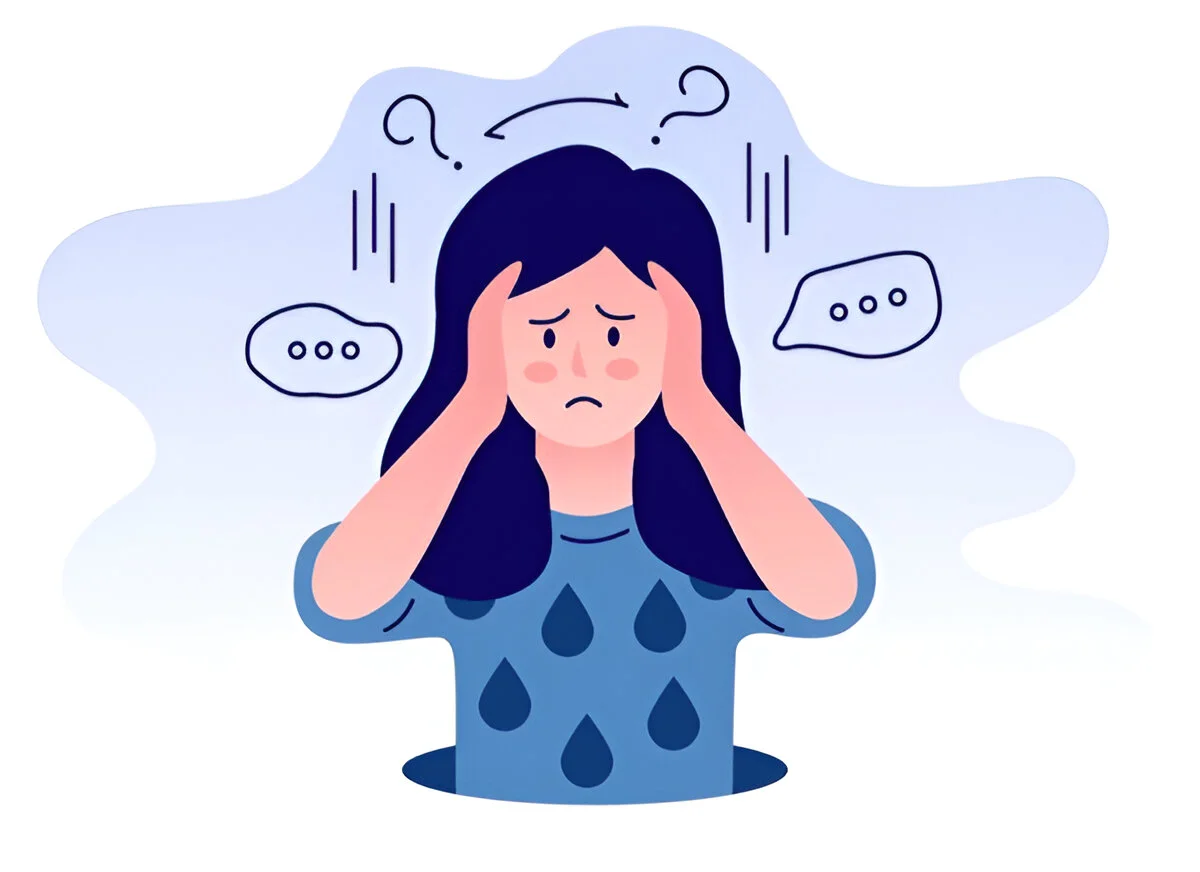-
129, Block-A Bangur Avenue, Mousumi Appartment, Kolkata 700055
129, Block-A Bangur Avenue, Mousumi Appartment, Kolkata 700055

Learn how to overcome social anxiety with confidence using proven techniques. Insights from a reputed counselor.

Social anxiety isn’t just about feeling shy. It’s a persistent fear of being judged, embarrassed, or rejected in social settings. For some, it might mean avoiding parties or public speaking; for others, even casual conversations feel overwhelming.
The good news is that social anxiety can be managed—and even overcome—with the right steps. Backed by psychology and counseling techniques, this guide offers actionable advice to help you build confidence and reclaim your social life.
Social anxiety disorder (SAD) is one of the most common mental health challenges worldwide. It can manifest as:
Recognizing these signs is the first step toward change.

Experts suggest a combination of psychological strategies, lifestyle adjustments, and gradual exposure to social situations to address social anxiety. Here’s how:
Working with an experienced counselor provides tools tailored to your needs. A professional counselor can help you:
❌ Myth: People with social anxiety are introverts.
✅ Fact: Social anxiety can affect both introverts and extroverts.
❌ Myth: Avoiding social situations will make anxiety go away.
✅ Fact: Avoidance strengthens anxiety over time. Gradual exposure is key.
❌ Myth: Therapy doesn’t work for social anxiety.
✅ Fact: Counseling and CBT are proven to help people manage and overcome social fears.

Q1: Can social anxiety go away on its own?
In some cases, mild social anxiety improves over time, but persistent symptoms often require structured strategies or professional support.
Q2: Is medication necessary for social anxiety?
Not always. Many people find relief through therapy alone. However, in severe cases, medication combined with counseling may help.
Q3: How long does it take to overcome social anxiety?
It varies for each individual. With consistent effort and guidance, many see significant improvement within months.
Q4: Can online counseling help with social anxiety?
Yes. Online sessions can provide a safe space to practice communication and work through fears at your own pace.
Q5: How do I know if my anxiety is severe enough to seek help?
If anxiety interferes with your relationships, work, or daily life, it’s a good time to consult a counselor.
Overcoming social anxiety isn’t about eliminating fear completely; it’s about learning to manage it and gaining the confidence to engage in life fully.
With structured steps, self-compassion, and professional guidance, even the most daunting social situations can become opportunities for growth.
If you’ve been struggling to connect with others or avoid social gatherings due to fear, remember—you don’t have to face it alone. Reaching out to an expert can be your first step toward a calmer, more confident you.